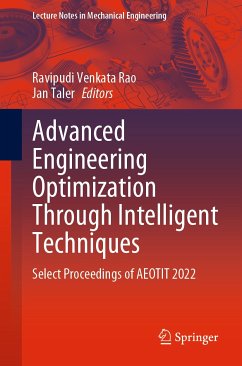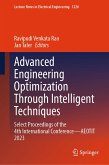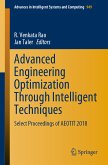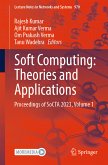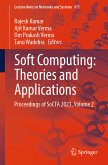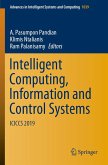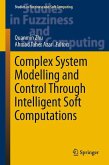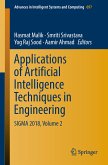This book comprises peer-reviewed papers presented at the International Conference on Advanced Engineering Optimization Through Intelligent Techniques (AEOTIT) 2022. The book combines contributions from academics and industry professionals and covers advanced optimization techniques across all major engineering disciplines like mechanical, manufacturing, civil, automobile, electrical, chemical, computer, and electronics engineering. The book discusses different optimization techniques and algorithms such as genetic algorithm, non-dominated sorting genetic algorithm-II, and III, differential search, particle swarm optimization, fruit fly algorithm, cuckoo search, teaching-learning-based optimization algorithm, grey wolf optimization, Jaya algorithm, Rao algorithms, and many other latest meta-heuristic techniques and their applications. Various multi-attribute decision-making methods such as AHP, TOPSIS, ELECTRE, PROMETHEE, DEMATEL, R-method, fuzzy logic, and their applications are also discussed. This book serves as a valuable reference for students, researchers, and practitioners and helps them in solving a wide range of optimization problems.
Dieser Download kann aus rechtlichen Gründen nur mit Rechnungsadresse in A, B, BG, CY, CZ, D, DK, EW, E, FIN, F, GR, HR, H, IRL, I, LT, L, LR, M, NL, PL, P, R, S, SLO, SK ausgeliefert werden.
Hinweis: Dieser Artikel kann nur an eine deutsche Lieferadresse ausgeliefert werden.

